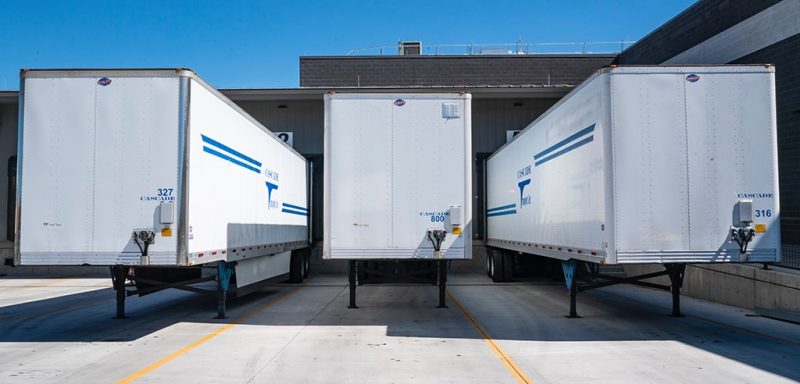The recent pandemic has played havoc with the economy, as small and large businesses struggle to survive. Many have turned to providing an online service, with customers happy to stay at home and order goods from the comfort of their own home.
Companies are making money from online sales, but also face a hike in shipping costs as they arrange additional deliveries to meet with demand. The unexpected upturn in online shopping has caused delivery companies, such as UPS to be inundated with parcels and packages, of all shapes and sizes.

Faced with an increase in demand for their services, UPS has decided to bow to the law of economics (higher demand equals higher prices) and have increased their shipping prices in line with this.
The shipping giant has added a peak surcharge, and the price hike is set to hit retailers in the pocket at a time when they could do without the added expenditure. The peak surcharge is not new. UPS usually waits until the busy Christmas period and will add it then. The festive season is always busy, companies are selling and shipping more, and people are feverishly sending parcels containing gifts to friends and family.
Companies are aware of the annual Christmas peak surcharge, so they can plan to cover it accordingly, but the pandemic related surcharge has been an unwelcome surprise for many. Companies are already having difficulties in meeting payments and funding their business, and many premises are still closed.

Now they will have to take the higher shipping prices into account too. How will businesses proceed? Will they simply absorb the extra costs, or will they hike their own prices to reflect their increased delivery costs?
The surcharge kicked in on May 31st and is set to impact high-volume shippers and those who regularly ship large, oversize items in particular – such as Amazon and Walmart. UPS is quick to provide a reason for their increased shipping prices. Stating that they are making more home deliveries. They claim home deliveries previously accounted for around 50% of their business, but in April that figure rose to 70%
This complicates the delivery process for UPS, as delivering parcels to residential addresses is considered less profitable than delivering goods to businesses. Drivers have to travel further, stopping more often and increasing their time on the road.
You Can Reduce Your Shipping Fees Â
Despite the best efforts of delivery companies there can be problems along the way. Delivery delays and issues can prove frustrating, especially when you have paid for a premium service.
Once upon a time delivery companies such as UPS and FedEx offered a money back guarantee. Customers could explore the option of claiming back money if the delivery service promised wasn’t executed as expected.
However, in light of the recent increase in deliveries, money back guarantees have been suspended. That’s why it’s now more important than ever to involve a third-party such as Betachon – a renowned freight auditing and carrier agreement optimization specialist.
Betachon will carry out a 40-point audit- and will secure refunds for your business wherever they can. They will review your rates and find out if there is any room for improvement, ensuring your price agreement is fully optimized and your tariffs are market appropriate.

This is the perfect time to focus on stabilizing your business. Betachon can let you get on with that while they analyze your data and do the leg work for you – securing refunds and savings along the way.

